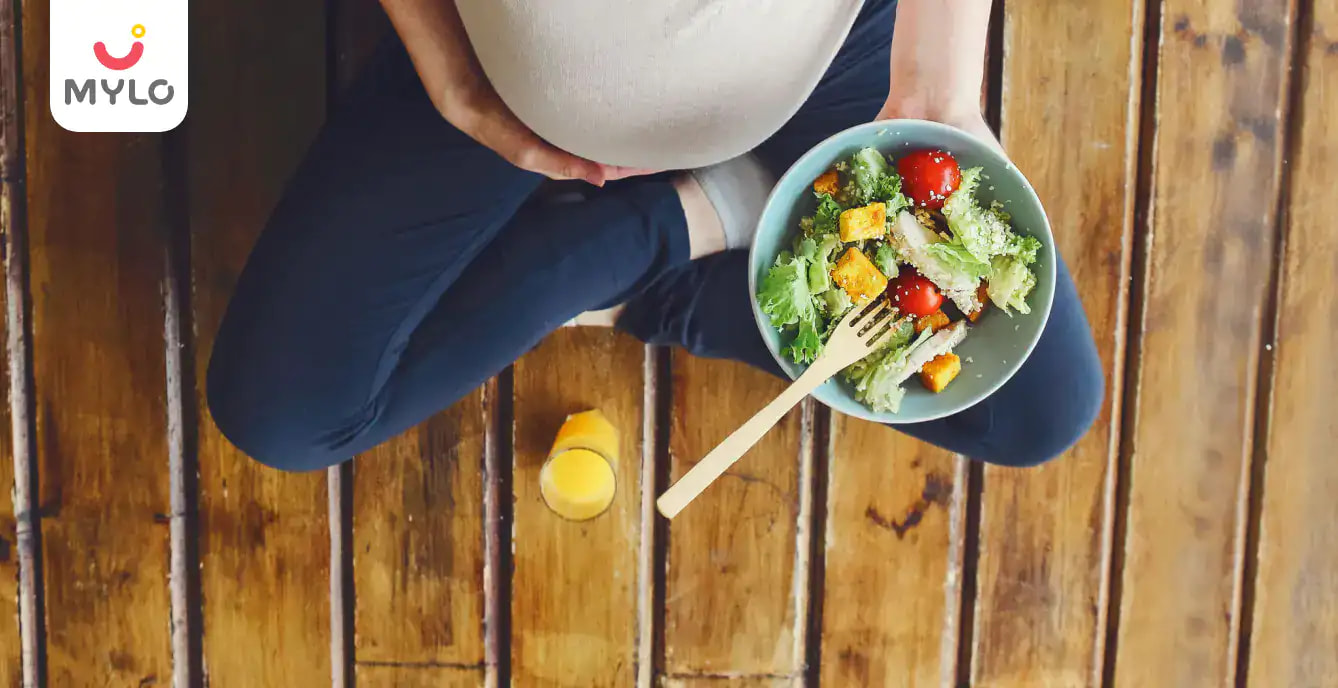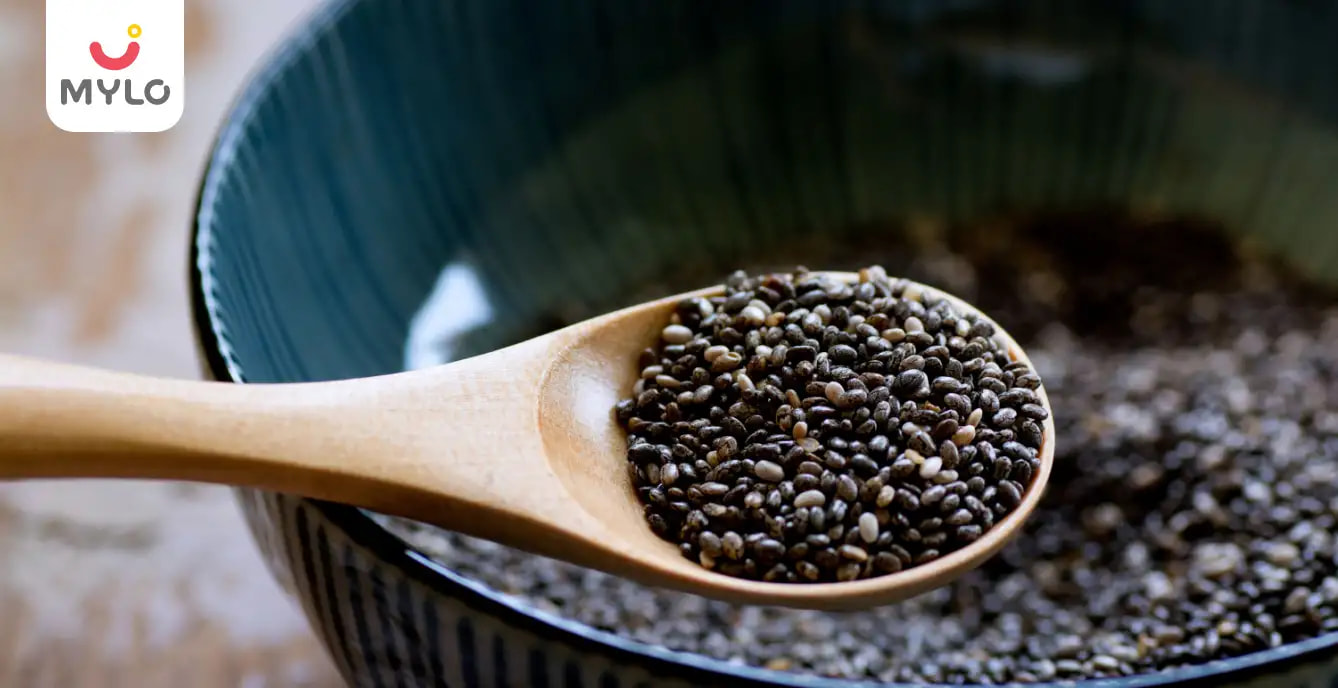Home

Diet & Nutrition

Sesame Seeds in Pregnancy: Nutritional Value, Benefits & Side Effects
In this Article
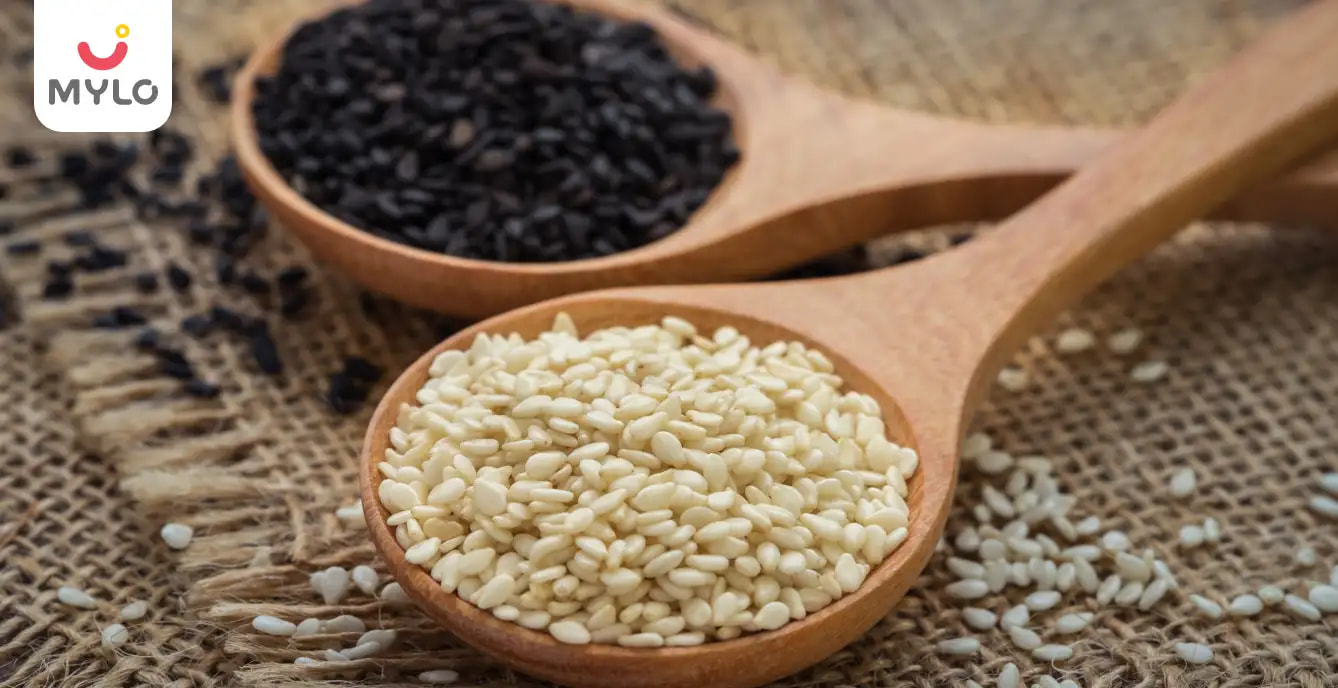
Diet & Nutrition
Sesame Seeds in Pregnancy: Nutritional Value, Benefits & Side Effects
Updated on 17 January 2024
Pregnancy is a crucial period in a woman's life, and maintaining a nutritious diet is essential for the health of both mother and baby. Sesame seeds (til), with their rich nutritional profile, can be a valuable addition to a pregnant woman's diet. Packed with essential nutrients, consuming sesame seeds in pregnancy can offer numerous benefits to the expecting mother and her baby.
However, it is important to understand the potential side effects and follow safety guidelines when consuming sesame seeds. In this article, we will explore the nutritional value, benefits, side effects, and safety guidelines for consuming sesame seeds during pregnancy.
Nutritional Value of Sesame Seeds
Sesame seeds are a powerhouse of nutrients, making them a valuable addition to any diet, especially during pregnancy. These tiny seeds are an excellent source of protein, healthy fats, fiber, calcium, iron, magnesium, zinc, and vitamin E. They are also a great source of Omega-3 fatty acids and contain vitamins such as thiamin, niacin, and riboflavin.
You may also like: Chia Seeds During Pregnancy: Is It Safe? Benefits & Risks
Can We Eat Sesame Seeds During Pregnancy?
Yes, it is generally safe to eat sesame seeds during your pregnancy unless you have a known allergy to them. They are packed with essential nutrients and can support your health and the growth of your baby. However, if you have a known sesame allergy, it is important to avoid sesame seeds or any products containing sesame.
Sesame seeds offer various potential benefits during pregnancy, such as being nutrient-rich, heart-healthy, and aiding in digestion. The color variation of sesame seeds (white, yellow, brown, black) doesn't significantly affect their health benefits. If you don't have a sesame allergy, you can safely incorporate sesame into your pregnancy diet through options like sesame oil.
You may also like: Sabja Seeds During Pregnancy: Benefits & Side Effects
Sesame Seeds During Pregnancy 1st Trimester
In the first trimester, the development of the baby's organs and systems takes place. Sesame seeds, with their rich nutrient profile, can provide valuable support during this crucial period. The protein, healthy fats, and vitamins present in sesame seeds aid in the proper formation of the baby's organs and tissues.
Sesame Seeds During Pregnancy 2nd Trimester
The second trimester is a period of rapid growth for the baby. Sesame seeds, with their high calcium and magnesium content, contribute to the development of strong bones and teeth. The protein and healthy fats present in sesame seeds support the baby's overall growth and provide energy to the expectant mother.
Sesame Seeds During Pregnancy 3rd Trimester
In the third trimester, the baby's weight continues to increase, and the final stages of development occur. Sesame seeds, with their nutrient-rich composition, can provide essential nourishment during this stage. The protein content aids in the growth of the baby's muscles, while the healthy fats support brain development.
What are the Benefits of Sesame Seeds During Pregnancy?
Let us now understand some of the benefits of consuming til in pregnancy:
1. Promotes Fetal Development
The rich nutrient profile of sesame seeds supports the overall development of the fetus. The protein, healthy fats, and vitamins present in sesame seeds contribute to the growth of the baby's organs, muscles, and tissues.
2. Boosts Energy Levels
Pregnancy often brings fatigue and low energy. Sesame seeds are an excellent source of energy due to their high content of healthy fats and carbohydrates. Incorporating sesame seeds into the diet can help combat fatigue and keep expectant mothers energized throughout the day.
3. Supports Bone Health
Sesame seeds are a great source of calcium and magnesium, which are essential for the development of strong bones and teeth. Consuming sesame seeds can also help prevent bone-related issues in both the mother and the baby.
4. Regulates Blood Pressure
High blood pressure during pregnancy can lead to complications. Sesame seeds contain sesamin, a compound that has been shown to have antihypertensive properties. Including sesame seeds in the diet may help regulate blood pressure levels during pregnancy.
5. Enhances Digestion
Pregnancy can sometimes cause digestive issues like constipation. Sesame seeds are rich in dietary fiber, which aids in maintaining regular bowel movements and preventing constipation.
What are the Side Effects of Sesame Seeds in Pregnancy?
Sesame seeds can be a great addition to your pregnancy diet but there are some side effects that you should be aware of:
1. Allergic Reactions
Some individuals may be allergic to sesame seeds. If you experience any allergic symptoms like itching, swelling, or difficulty breathing after consuming sesame seeds, it is essential to avoid them and seek medical assistance.
2. Gastrointestinal Discomfort
In rare cases, consuming sesame seeds can cause gastrointestinal discomfort, including bloating, gas, or stomachache. If you experience any such symptoms, it is advisable to reduce the consumption of sesame seeds or consult a healthcare professional.
3. Risk of Preterm Labor
Sesame seeds are known to have oxytocic properties, which means they can stimulate uterine contractions. While there is no direct evidence linking sesame seeds to preterm labor, it is recommended to consume them in moderation and consult with a healthcare provider.
Safety Guidelines for Consuming Til in Pregnancy
While sesame seeds offer numerous benefits during pregnancy, it is important to follow some safety guidelines:
1. Moderation is Key
Like any other food, moderation is crucial when consuming sesame seeds while being pregnant. Incorporate them as part of a balanced diet and avoid excessive intake.
2. Quality and Freshness
Ensure that the sesame seeds you consume are of high quality and fresh. Rancid seeds may cause digestive discomfort.
3. Avoid Contaminated Seeds
Check for any signs of contamination or spoilage before consuming sesame seeds. Avoid consuming seeds that appear moldy or have an off odor.
You may also like: Sunflower Seeds in Pregnancy: Advantages, Risks, & Recipes
FAQs
1. I ate sesame seeds during pregnancy, will it harm my baby?
Consuming sesame seeds in moderation during pregnancy is generally considered safe and can offer various benefits. However, if you have any concerns or experience any adverse reactions, it is recommended to consult with a healthcare professional.
2. Can we consume sesame oil during pregnancy?
Sesame oil can be consumed during pregnancy in moderate amounts. However, it is advisable to choose cold-pressed, unrefined sesame oil for its maximum nutritional value.
You may also like: Poppy Seeds During Pregnancy: The Dos and Don'ts You Must Know
Conclusion
Sesame seeds are a nutritious addition to a pregnant woman's diet, offering a wealth of benefits for both the mother and the baby. From promoting fetal development to supporting bone health and regulating blood pressure, sesame seeds in pregnancy can play a valuable role. However, it is important to consume them in moderation, be aware of potential side effects, and follow safety guidelines.
References
1. Wei P, Zhao F, Wang Z, Wang Q, Chai X, Hou G, Meng Q. (2022). Sesame (Sesamum indicum L.): A Comprehensive Review of Nutritional Value, Phytochemical Composition, Health Benefits, Development of Food, and Industrial Applications. Nutrients.
2. Sharma R, Jain N, Rani D, Jaitawat A, Kantwa S.M. (2015). Sesamum indicum before and during pregnancy: A review. IJRDPL



Written by
Priyanka Verma
Priyanka is an experienced editor & content writer with great attention to detail. Mother to an 11-year-old, she's a ski
Read MoreGet baby's diet chart, and growth tips

Related Articles
Related Topics
RECENTLY PUBLISHED ARTICLES
our most recent articles

Pregnancy Complications
Betnesol Injection in Pregnancy: The Ultimate Guide to Benefits and Risks

Government Policies & Schemes
Pradhan Mantri Matru Vandana Yojana (PMMVY) to Give Rs 5,000 to Pregnant Women
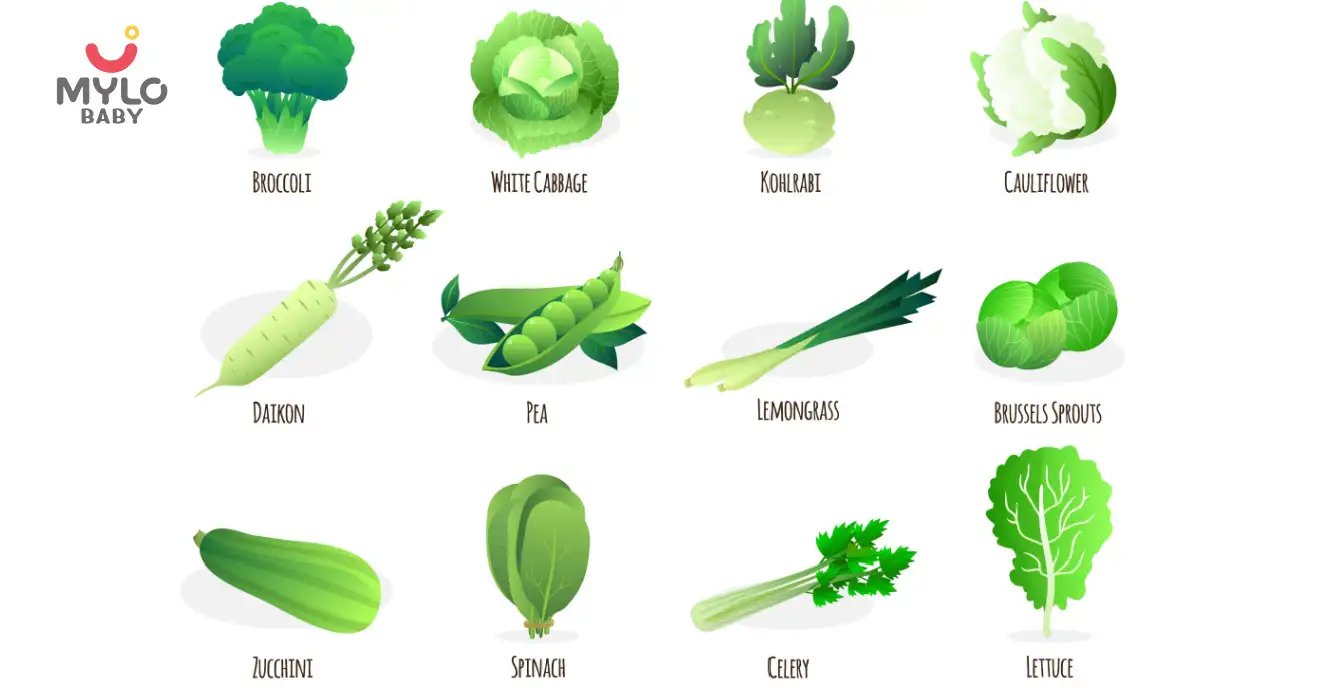
Education
The A-Z Guide to Identifying Green Vegetables Names for Kids
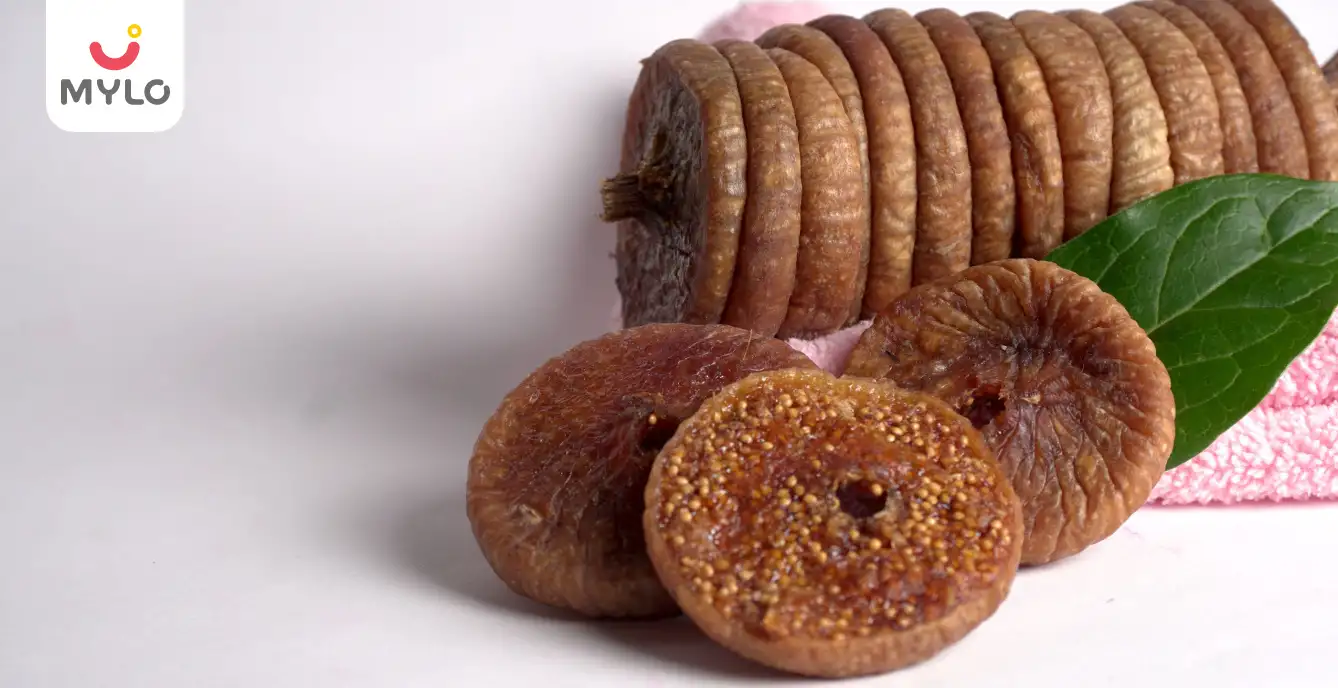
Diet & Nutrition
Anjeer in Pregnancy: Benefits & Side Effects of Eating Figs

Pregnancy Best Foods
Black Grapes During Pregnancy: Benefits & When to Avoid

TV & OTT
The Ultimate Guide to the Best Series on Hotstar- Hindi
- The Ultimate Guide to Teaching Children Tables 1 to 20
- Thought of the Day for Kids to Spark Imagination & Positivity
- 100 Thought of the Day to Brighten and Motivate Young Minds
- Orange in Pregnancy: Health Benefits, Side Effects & Precautions
- Radish in Pregnancy: Benefits and Safety Precautions
- Top 10 Pakistani Dramas That Will Keep You Hooked
- New Born Baby Astrology: What Does Your Baby's Zodiac Sign Say About Their Personality
- Pelvic Pain: Causes, Symptoms and Treatment Options
- Brown Discharge: Causes, Symptoms and When to Seek Help
- Baby Hair Style: A Complete Guide for Trendy Parents
- Breast Pain During Ovulation: A Comprehensive Guide on Causes and Solutions
- PCOS Ultrasound: What to Expect During the Procedure
- Uterus Didelphys: Understanding Symptoms, Risks and Treatment Options
- Septate Uterus: A Comprehensive Guide on Symptoms, Risks, and Treatment Options


AWARDS AND RECOGNITION

Mylo wins Forbes D2C Disruptor award

Mylo wins The Economic Times Promising Brands 2022
AS SEEN IN

- Mylo Care: Effective and science-backed personal care and wellness solutions for a joyful you.
- Mylo Baby: Science-backed, gentle and effective personal care & hygiene range for your little one.
- Mylo Community: Trusted and empathetic community of 10mn+ parents and experts.
Product Categories
baby carrier | baby soap | baby wipes | stretch marks cream | baby cream | baby shampoo | baby massage oil | baby hair oil | stretch marks oil | baby body wash | baby powder | baby lotion | diaper rash cream | newborn diapers | teether | baby kajal | baby diapers | cloth diapers |



